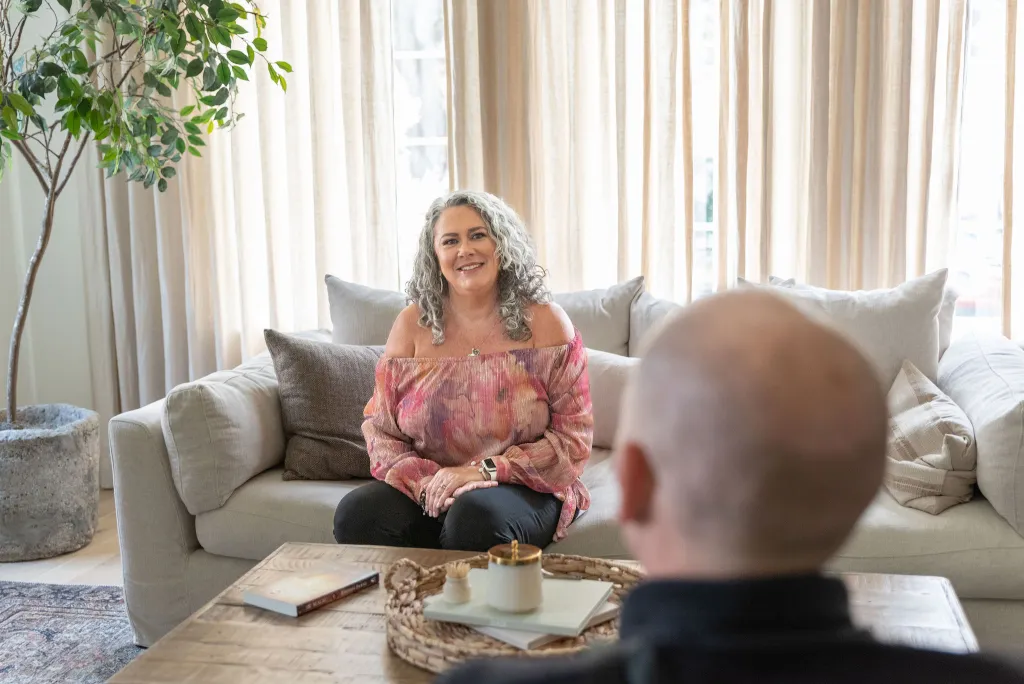
Understanding the Role of a Licensed Grief Coach
A licensed grief coach plays a pivotal role in supporting individuals through the complex journey of grief and loss. Unlike traditional therapy, grief coaching focuses on providing practical guidance and emotional support tailored to the unique needs of each person. A licensed grief coach is not merely a counsellor but a specialised guide trained to navigate the intricate landscape of mourning. To achieve this, they undergo rigorous certification processes that equip them with the skills to offer empathetic and effective support.
Certification for a grief coach involves comprehensive training in grief counselling techniques, psychological principles, and ethical practices. This rigorous preparation ensures that a licensed grief coach can address the nuances of grief with professionalism and sensitivity. The core responsibilities of a grief coach include helping clients develop coping strategies, setting achievable goals for emotional recovery, and providing a supportive environment where clients feel heard and validated. The emphasis is on a collaborative approach, where the coach and client work together to manage the grieving process in a constructive and healing manner.
A licensed grief coach’s role extends beyond simply offering a listening ear; it involves guiding clients through actionable steps and providing a structured framework for recovery. The coach’s expertise lies in understanding the various stages of grief and tailoring their approach to meet each client’s specific needs. This combination of empathy and structured guidance distinguishes a grief coach from other types of support professionals.
The Impact of Grief Coaching on Personal Healing
Grief coaching provides a structured approach to navigating the often overwhelming emotions associated with loss. By employing various techniques, a licensed grief coach helps clients work through their feelings of sadness, anger, and confusion, offering strategies to cope with these intense emotions. The process involves exploring the client’s emotional landscape and developing personalised strategies to manage their grief.
The benefits of grief coaching are evident in how it assists individuals in dealing with different types of loss. Whether coping with the death of a loved one, dealing with a significant personal change, or managing the complexities of miscarriage or divorce, grief coaching provides targeted support tailored to each situation. This specialised approach ensures that clients receive the help they need, addressing their specific experiences and emotions with sensitivity.
Developing coping strategies is a central component of grief coaching. Through personalised action plans, clients learn practical techniques to manage their grief effectively. These strategies may include mindfulness exercises, journaling, and setting small, achievable goals that facilitate emotional healing. By integrating these tools into their daily lives, clients can build resilience and find hope amidst their sorrow.
Key Qualities to Look for in a Licensed Grief Coach
When seeking a licensed grief coach, several key qualities are essential for ensuring effective support. Empathy and compassion are crucial, as these traits enable the coach to connect deeply with clients and understand their unique emotional needs. An empathetic approach fosters a safe space where clients feel comfortable expressing their feelings without judgement.
Professionalism and ethical conduct are also vital. A licensed grief coach must adhere to strict ethical guidelines, ensuring that clients’ personal information is handled with confidentiality and respect. Understanding these ethical considerations helps build trust between the coach and client, which is fundamental to a successful coaching relationship.
Experience and expertise further enhance the effectiveness of a grief coach. A coach with substantial experience in grief work is better equipped to handle the complexities of different grieving processes. Continued professional development ensures that the coach remains current with best practices and emerging techniques in grief support. Evaluating these qualities can help in selecting a grief coach who is well-prepared to provide meaningful assistance.
The Benefits of Working with a Licensed Grief Coach
Engaging with a licensed grief coach offers numerous benefits for those navigating the difficult path of grief. One of the primary advantages is the personalised support provided. Unlike general support services, grief coaching offers a tailored approach that considers each individual’s unique circumstances and emotional state. This personalisation ensures that the support received is relevant and effective.
Structured guidance is another significant benefit. Grief coaching provides a clear framework for managing grief, which can be especially helpful during times of emotional turmoil. By establishing a structured approach, clients can better navigate their feelings and work towards healing in a systematic manner. This structure also helps in setting and achieving goals, providing a sense of direction and progress.
Enhanced emotional resilience is a critical outcome of working with a grief coach. Through various techniques and strategies, clients can build their capacity to cope with loss and recover more effectively. This resilience is not just about enduring the grieving process but also about thriving despite the challenges. A grief coach helps clients develop long-term coping mechanisms that contribute to overall emotional well-being.
Finding and Selecting a Licensed Grief Coach
Finding the right licensed grief coach involves several steps to ensure you receive the most suitable support for your needs. One effective way to find qualified coaches is through reputable directories and professional organisations. These resources can provide a list of certified coaches with verified credentials.
When selecting a grief coach, it is important to ask pertinent questions to gauge their suitability. Inquire about their experience, approach to grief coaching, and the techniques they employ. Assessing their compatibility with your needs and expectations will help in finding a coach who aligns with your goals and preferences.
Preparing for your first session is also crucial. Understanding what to expect can help you make the most of your initial meetings. Be ready to discuss your goals, share your experiences, and be open to the process. This preparation ensures that you start your journey with a clear focus and a strong foundation for effective grief coaching.
